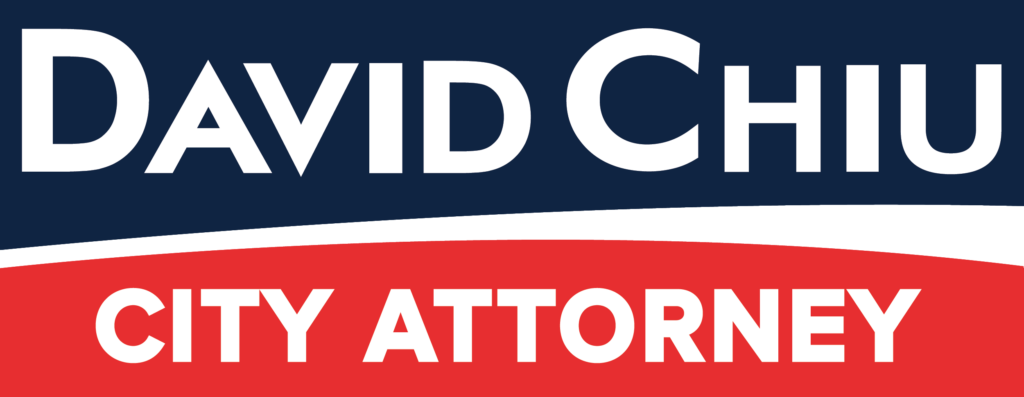Sacramento, CA—Assemblymember David Chiu (D-San Francisco) announced a bill today to reduce toxins in our environment and lessen health risks for firefighters by banning the use of hazardous, combustible plastic pipes in new public buildings. Assembly Bill 3015 would require construction contracts for state buildings to specify that plumbing pipes must be noncombustible.
“Plastic piping poses serious risks to public health,” said Assemblymember Chiu. “As California faces increased fire threats, we must do more to protect our first responders, workers, and the public from these extremely hazardous substances.”
Plumbing infrastructure in modern construction projects can be made of either traditional metal pipes or combustible plastic pipes. The plastic pipes used for this purpose are made out of polyvinyl chloride (PVC), chlorinated polyvinyl chloride (CPVC), or acrylonitrile butadiene styrene (ABS).
While plastic piping can be appropriate for some uses, it is extremely dangerous when it is used for drain, waste, or vent piping (DWV). Combustible pipes allow fire to spread more easily as they are large in diameter and hollow, creating a pathway for smoke, hot gases, and fire to spread throughout a building.
Firefighters and first responders, who already face numerous health hazards on the job, are put in exceptional danger when fighting a fire that involves combustible plastic pipes. Exposure to a single PVC fire can cause permanent respiratory disease.
When plastic pipes are ignited, or are even heated at lower temperatures, they produce toxic substances like hydrochloric acid and dioxin. Hydrochloric acid is potentially lethal to those trapped in a burning building or fighting a fire. The compound is poisonous enough to kill a person without the usual fire hazards of heat, flames, or carbon dioxide. Dioxin is one of the most toxic substances known to science and has been linked to reproductive disorders, immune suppression, and endometriosis.
The chemical solvents necessary to install plastic pipes pose health risks for pipe workers as well. Plastic pipes create more waste than metal pipes as they are not recyclable. The pipes can also leach hydrocarbons and chemicals into drinking water and groundwater. An analysis of the plastic pipe materials in use today identified 163 leachable substances, including 74 substances that have not been regulated or tested for safety.
AB 3015 would lessen these hazards by specifying that DWV pipes must be noncombustible in all state building contracts. California has previously banned the use of combustible DWV piping in multifamily homes, hotels, motels, nursing homes, hospitals, and health care clinics. However, the state currently allows its use in all other buildings.
AB 3015 is supported by the California State Pipe Trades Council and California Professional Firefighters, who recently released a joint statement urging policymakers to lessen the use of plastic pipes.
“The California State Pipe Trades Council and the California Professional Firefighters have raised concerns for over twenty years about the dangers that plastic piping materials pose to construction workers, first responders and building occupants, and the environmental impacts associated with these materials,” the groups said in the statement. “We urge regulators, builders and architects to reduce the use of plastic plumbing materials in buildings.”
AB 3015 is expected to be heard in an Assembly policy committee this spring.
